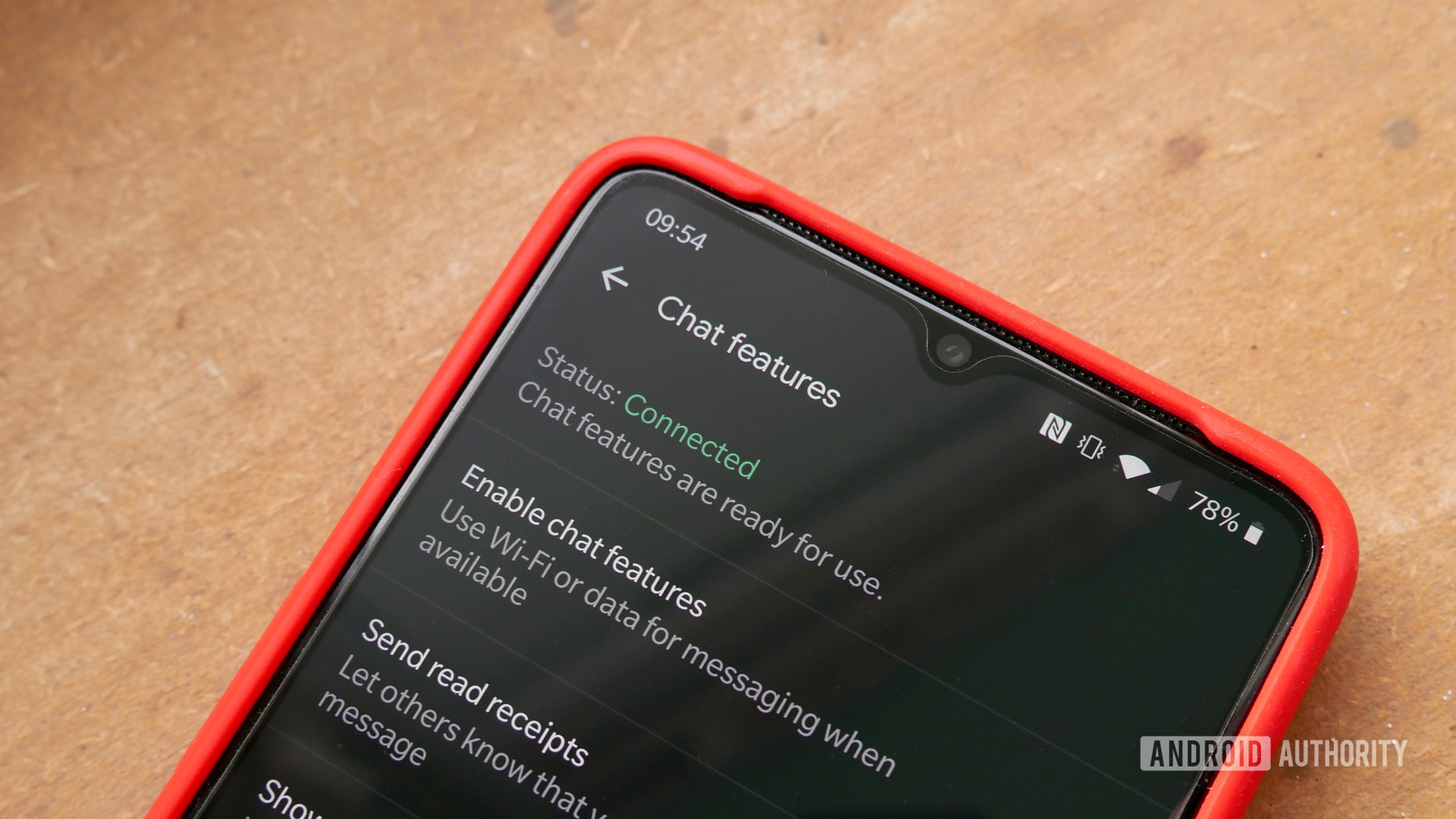TL;DR
- Users who have rooted their phone, have their bootloader unlocked or are using some custom ROMs report that their RCS messages are not being sent, even though RCS shows them as connected.
- The Google Messages app does not show any error messages when blocking RCS messages of these users and does not send the messages out as SMS or MMS either.
- Google famously campaigned for Apple to include RCS messaging in iMessage but is now blocking it for certain Android users.



Google are so needlessly hostile to people that root, what the fuck does sending messages have to do with having elevated permissions on a phone?!
The hostility towards custom ROM in general, is what forced me to root. Initially I used LineageOs without root. However, that got me in to issues with various apps, due to not passing safety net. So now I use magisk to hide that I use a custom ROM. So, they basically forced me to root.
I stopped using LineageOs due to their stance towards rooting and weak arguments behind it.
Monopoly is the only thing companies strive for.
Google is probably trying to get around the cardinal rule of network security: you can’t trust the client.
Their RCS client probably doesn’t make sending a huge volume of messages (i.e. spam) easy, and more automation is possible with root. Yes, it’s stupid, but it’s not completely without purpose.
This is really it. Plus not everyone who roots (or, rather, everyone with a rooted phone) fully understands the security implications of running as root. I’d assume that since their implementation of end to end encryption must require a device-side key pair, and I’d wager that it’s pretty trivial to obtain private keys once you’ve obtained control of a rooted phone. For an adversary, this is a serious threat to the users privacy and security.
This is just one example. I’m sure it’s incredibly difficult to make a platform that you market as secure and private when your users have full control of the system that the application is running on. It’s a never ending cat and mouse game where the device user (whether “intended use” or not) has the upper-hand most of the time.
Not being a total Google apologist here though. They should have made it quite clear that they were blocking messages, and why. Not doing at least that, is inexcusable.
I’m a hardliner when it comes to user control of their own devices, so I’m not going to agree with Google’s behavior here even if it, on average results in a benefit to users.
I don’t think it provides a net benefit to users though. I think Google wants to be lazy about building spam-mitigation solutions, and wouldn’t be sad if it results in fewer users blocking ads and tracking. If Google was positioning its RCS client as a hardcore security product, maybe it should warn both sides of the conversations that there’s a risk of compromise, but even Signal, which is far more dedicated to security doesn’t do that.
Zero-click exploits are a more common attack vector than modified operating systems in the real world, and I’d be willing to wager my up-to-date LineageOS install is less vulnerable to them than the average person’s phone.
Do they not have the equivalent of TPM/Secure Enclave on Android phones?
Because if they don’t have actually secure key stores, and require them for certification, that’s on them.